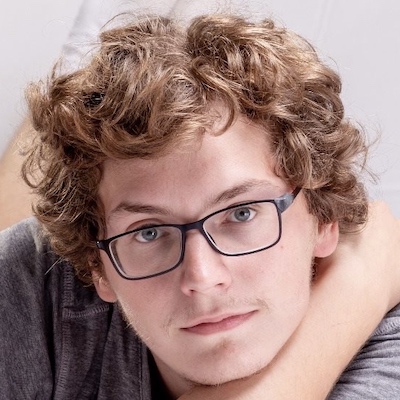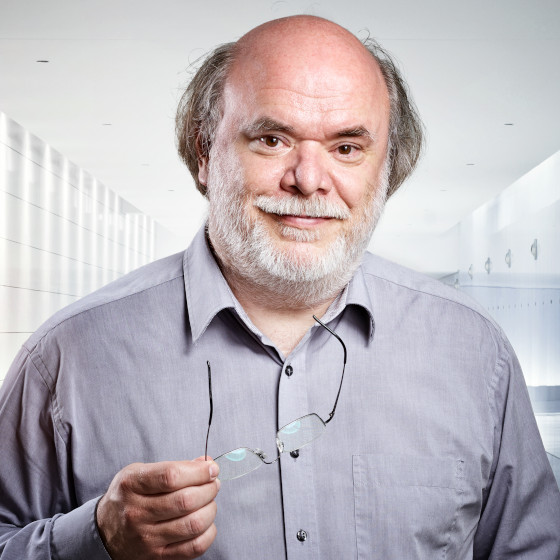Overview
What does it take to render stunning life-like visuals, like those from your favorite blockbusters? In this seminar, the students jointly decide on a shot they want to re-create, and then build both the virtual 3D scene, as well as the program that will produce a photo-realistic render thereof. Based on the shot, each student is assigned an advanced rendering topic (volume rendering, path guiding, etc) and is then responsible for implementing it in both the scene and the renderer. The work will be supported through close collaboration with expert advisors from our chair, funds for professional 3D assets, compute clusters of the university, and high-end workstations at our chair.
Instructors
General Regulations
- Type: Seminar, Practical Computer Science
- ECTS: 7 points
- Language: English
- Max. 11 participants
Requirements
- Fascination for computer graphics
- Programming will be done in C++ (basic knowledge is sufficient)
- Experience with path tracers (e.g., Realistic Image Synthesis, CG1 in 2023/2024, or personal projects)
- Basic experience with Blender
Organization
There will be an initial meeting to pick the shot and assign topics at the end of April, and from then on there will be weekly one-hour meetings with short status updates (3 minutes per student) followed by a joint discussion of next steps. Finally, each student will give a final presentation of their work at the end of August. The exact dates are flexible, and will be determined together with the students.
Since this project is a team effort, you will be required to work at a constant pace throughout the semester (plan for a total of 11 hours per week). Working on the scene will happen in-person (on a high-end workstation) at the chair (two 120 minutes slots each week, you get to pick when).
Registration
If you are interested in this seminar, please use the SIC seminar assignment system to register: https://seminars.cs.uni-saarland.de/sose24seminars
Topics
Please find here a non-exhaustive list of topics that we may cover in this seminar. The concrete topic for each student will be assigned based on the shot that we decide to re-create.
- Path Guiding, Russian Roulette
- Heterogeneous Volumes, Emissive Volumes, Atmosphere
- Realistic Camera (Polynomial Optics, Lens Flares)
- Light sampling, light clustering
- Color composition, shader graphs, advanced Materials (iridescence, etc)
- AoVs + Post effects (Denoising, Sensor Simulation, Film Grain, etc)
- Memory optimizations (mesh quantization, texture formats, etc), runtime performance
- Displacement Mapping
- Hair Rendering
- Spectral Rendering
- Subsurface Scattering
- Motion Blur
- Roughening
Schedule
In-person meetings will be held at our chair (E1.1, E10). The exact dates for kickoff, regular meetings, and final presentation will be determined together with the students.
| Date | Event |
|---|---|
| April 26th, 16:00–17:00 | Kickoff, scene voting, topic introduction |
| April - August | Individual meetings with advisors, working on scene and renderer |
| End of August | Deadline final implementation, presentation of work |
Grading
Grading will be based on the following points:
- Participation in our regular meetings
- Implementation of the rendering technique
- Integration into the scene
- End-term presentation
Possible Follow-Ups
Bachelor and Master’s Thesis





